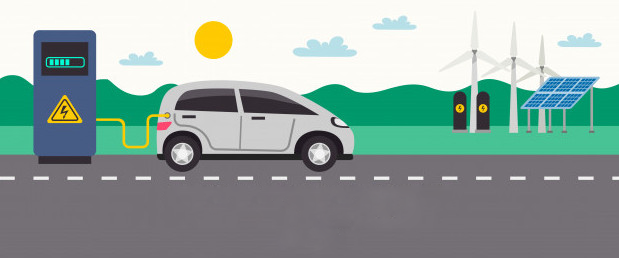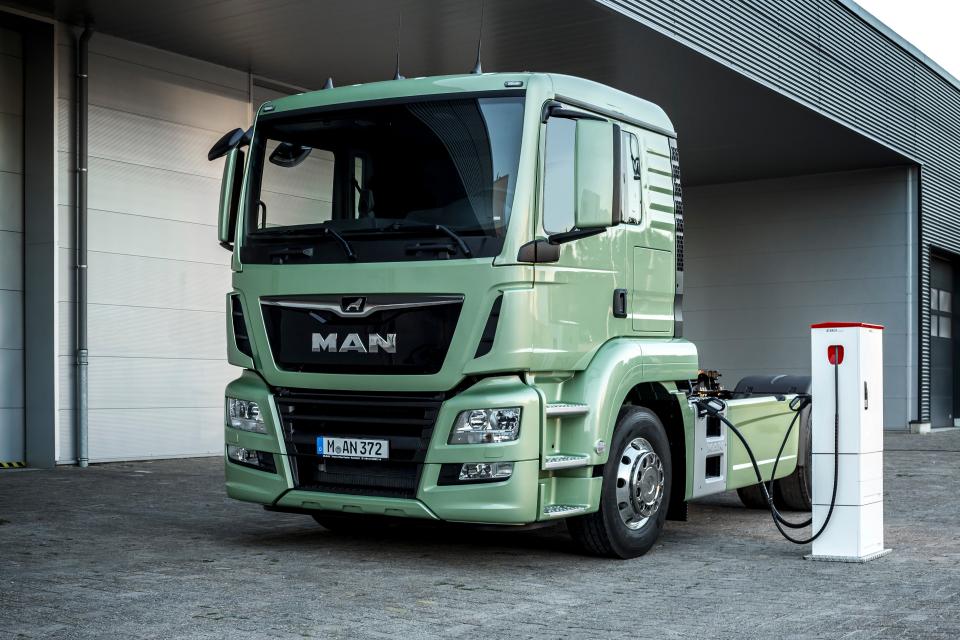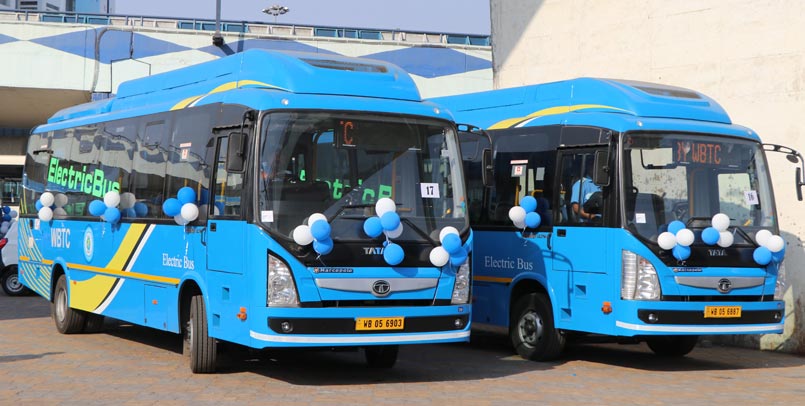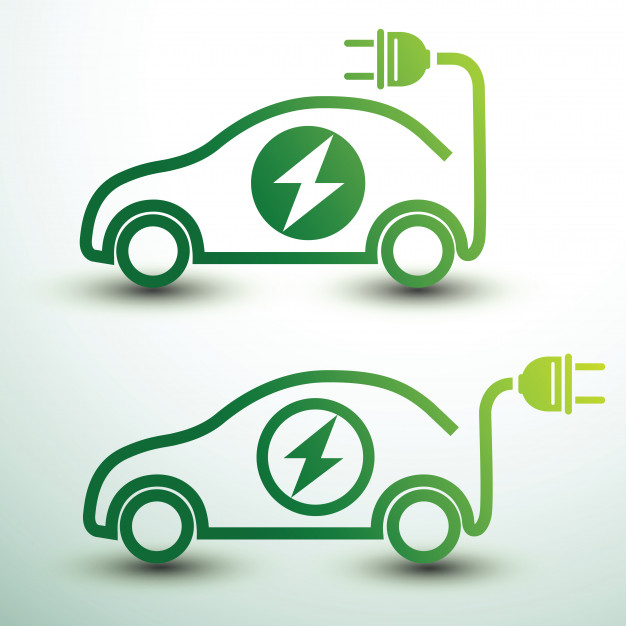

Introduction
In years to come, predictions foreshadow a significant dearth in natural resources. And industries around the globe are striving hard to reduce their carbon footprint, make better energy choices and enhance their business practices. This movement is facilitating a sea change in how various industries are actually integrating sustainable development in their company’s vision and mission.
The Minister for Road Transport and Highways, Nitin Gadkari has been consistently advocating the need for India to go down the electric route. He has made it apparent that the process of escalating electric vehicle manufacturing in India is already underway, and that at least 15% of Indian vehicles must be electrified in the next five years to come.
Theoretically, the expectations set by the Transport Minister are not unfounded. Indian road transportation accounts a major portion of approximately 60% to goods freightage. And it because of this that commercial vehicles have seen a steady rise in their sales frequency, with the number of units rising to 2 to 3.9 million by 2026, according to the Automotive Mission Plan. So electrification, especially when it comes to commercial vehicles, is not a far-fetched idea and actually has significant potential.
But why go electric?
Transportation is the lifeline of the Indian economy, and the needs are met majorly by private vehicles. This has resulted in a myriad of vehicles on the road, leading to choking of the roads, and heightened emission rates. To modulate freightage, and be more environment conscious, the Government of India is striking down hard on imploring transporters to utilize public vehicles for shipping and logistics.

Electric commercial vehicles have the potential to make a lasting impression on the automotive ecosystem. Whether it be technology, manufacturing, business models, supply chain and post sales operations, electric CVs will lead the change.
Revving up technology
Electrification may not be distant dream, however, technology needs to catch up fast with this expedited growth factor. Innovation is on the horizon for different aspects pertaining to commercial vehicles. Talking about battery usage, electric vehicles will inevitably be prone to electrical faults and disruptions. Either that, or in case of a fully charged battery, excess of energy poses a problem.
To combat that, a resistor that can harness and offload the surplus energy is being looked into. While this may be a significantly easy process for light vehicles, heavy vehicles can have a tough time jumping on this bandwagon, owing to trouble with energy discharge due to sudden braking.
The Timeline
The incline of the world is tilting towards electric commercial vehicles, and it is important for the Indian commercial vehicle sector to be one with the change. Theoretically speaking, the transition to electrification will be spearheaded by two and three wheelers in the country. The next bunch to step up to the bat will be passenger buses and corporate vehicles. Government utilised vehicles and fleet will follow suit, on account of the government staying true to their word and vision.
However, it is probable that commercial vehicles may take a bit more time to get fully electrified, particularly due to their size. Another reason for the delay can be attributed to the charging mechanism. Technology dictates either charging through plug-in charging stations, or via switching of the battery. So adoption of a charging mechanism on the basis of varied vehicle slabs would take time to be efficiently implemented.
The timeline also governs traditional OEMs slipping behind their global counterparts, since they bring high value in terms of innovation and implementation.
Manufacturing
Since electric commercial vehicles are expected to sell like hot cakes in the future, manufacturers in India and abroad alike have started to take notice of this lucrative opportunity. So, we are bound to see some state-of-the-art vehicles emerge from the manufacturing units of domestic, along with global OEMs in the country.

The one roadblock that manufacturers are anticipating, however, is the big sized batteries that add on to the cost of the vehicles, that are large in size to begin with. Government has been toying with the idea to scale down the size of the batteries to 50 kWh, that can enable a more sustainable supply model.
Infrastructure
The commercial vehicle segment is going to be massively impacted by the European Union regulations for emission standards, the BS VI, which is expected to be adopted by the Indian government sometime by 2020. This could compel the authorities to accelerate the process of establishing a sustainable charging infrastructure throughout the country.

Experts claim that the price of “traditionally” manufactured trucks with internal combustion engines are likely to soar by 22%, a figure that might shift the course of diesel powered trucks. This figure is indicative of establishing an efficient charging infrastructure plan. However, a structured plan about the layout of charging stations, based on domestic geography, needs to be formulated to gain momentum on deployment of electric commercial vehicles throughout. Another hurdle that the planning authorities will have to cross is range-anxiety, since charging stations can be made available only at fixed mandated distances. So various charging model schemes need to be looked at to overcome this particular problem.
Conclusion
Commercial vehicles in India see a greater employment and operation, which is why a transition to electric CVs has a significant prospect of coming into being. However, what needs to be taken into account to make this switch more seamless is tacking high battery requisite, along with building a sustainable charging and battery model. Electrification is the way forward to run a more green industry.
Quick read: How To Save The Environment with a Vehicle Tracking System
Quick read: LocoNav Helped This E-commerce Conglomerate Streamline Their Supply Chain